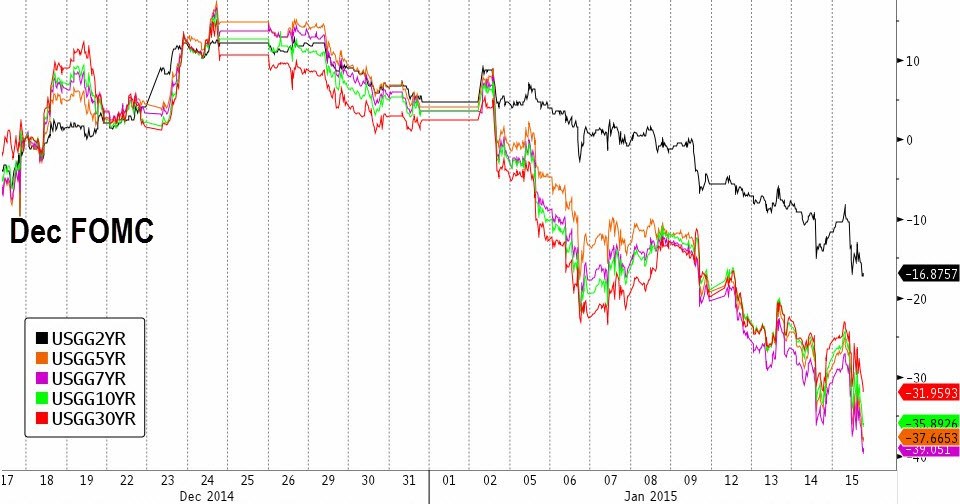Don t get stampeded out of a holding just because there s turmoil at the top
Post on: 18 Май, 2015 No Comment

Your Funds
July 09, 2000 | By Charles Jaffe
The much-ballyhooed battle over the destiny of the Janus funds has been settled (at least for now). What lingers, however, are lessons for most fund investors.
Mergers and corporate turmoil affect funds in many ways; patience is the correct response to all possible outcomes.
Janus’ confusing situation, which has lingered for more than a year, is proof. The Denver-based fund company is controlled by Kansas City Southern, a railroad company that diversified into financial services.
To get more value from its investment subsidiaries, Kansas City Southern created a spin-off company called Stilwell Financial, which includes its 82 percent stake in Janus, the Berger funds, data-processing/transfer agency firm DST Systems and a British money management firm.
But Janus executives never wanted to be part of Stilwell (which officially begins trading Wednesday) and pressed for independence. A pure Janus stock — unburdened by Stilwell’s lesser components — would be a more attractive tool for luring and retaining talent and would be free to plow profits back into the firm rather than into a holding company.
Those issues don’t actually affect Janus funds. The Stilwell deal simply gives Janus a different holding company as a parent.
What worried shareholders was how Stilwell might affect Tom Bailey, Janus’ chairman, chief executive and all-around builder of the organization.
Bailey, effectively, is Janus’ top dog for life, since a clause in the original sale to Kansas City Southern essentially said he could not be fired from Janus.
When Bailey squawked about the Stilwell set-up, Kansas City Southern responded poorly. Specifically, it said it did indeed have the right to fire Bailey.
At that point, everyone in the fund industry got nervous that Bailey would leave and take a lot of talent with him. That would affect the funds, but it’s not going to happen.
While Janus executives aren’t thrilled with the Stilwell spin-off, they’re accepting it.
Says Janus Vice President Steven Steineker, Tom Bailey will remain firmly in control of Janus after the Stilwell spin-off. Janus will continue to be run by Tom as it always has been.
If that’s true, then it’s business as usual for Janus fund investors. Stilwell may be a sub-optimal solution to Janus executives and anyone who owns a piece of the fund-management firm, but it has no trickle-down to fund investors.
That’s much cleaner than what could result from any number of other recent fund company mergers.
In recent weeks, Liberty Funds Distributor has agreed to buy the Acorn funds; Alliance Capital Management signed up value fund manager Sanford C. Bernstein; and Paris-based CDC Asset Management is acquiring Nvest (which also oversees the Oakmark and Loomis-Sayles funds).

Several other fund firms and management companies are for sale. The Liberty-Acorn deal shows why mergers create worries.
Liberty — which has announced that its subsidiary fund families will take on the company name next month (resulting in the Liberty Acorn fund, for example) — has always been good at letting the individual fund firms operate independently.
In Acorn’s case, that’s good news because crusty and colorful manager Ralph Wanger will stay on and continue running the funds for at least five years, until he would be ready to retire. (Michael Price agreed to the same thing when Franklin Templeton took over his Mutual Series funds, but he got out sooner.) There also is an agreement whereby Wanger can make a lot more money if Acorn’s assets swell within those five years.
So long as Wanger and his team stay in place — and assuming he does not ditch his traditional long-term discipline in favor of a quick-strike-to-rake-in-bucks strategy — investors should not consider dumping the funds.
Beyond fund management, however, investors must watch after expense ratios (which may rise to the level of fees charged by the acquiring company), sales and redemption charges and any structural changes to the fund (sudden increases in turnover or a change in assets, as a new corporate owner tries to give an existing fund a niche within its bigger lineup).
Many funds could continue to perform well once their manager leaves; they might have a harder time overcoming an additional 1 percent added to the expenses.
In all merger and management-turmoil situations, fund investors must consider the potential trouble spots for their funds, then wait and see if that exposure turns into a problem.
As a fund investor, be concerned but not hasty, and expect nothing significant to change, says Kurt Brouwer of Brouwer & Janachowski, a San Francisco investment advisory. Only if you see something that really impacts you should you decide if it’s time to vote with your feet.
Charles A. Jaffe is mutual funds columnist at the Boston Globe. He can be reached by e-mail at jaffe@globe.com or at the Boston Globe, Box 2378, Boston, Mass. 02107-2378.














